Hereditary neuropathy with liability to pressure palsies (HNPP) is the second most common form of CMT/IN and may affect approximately 15,000 in the USA. It also affects the peripheral nervous system – nerves connecting the brain and the spinal column to the rest/peripheral areas of the body. However, as the name suggests, it involves short periods of pressure that can result in tingling, numbness, weakness, periods of pressure that can result in tingling, numbness, weakness, pain and sometimes paralysis in the affected areas.
HNPP is also known as:
- Compression Neuropathy
- Entrapment Neuropathy
- Familial Pressure Sensitive Neuropathy
- Hereditary Pressure Sensitive Neuropathy
The peripheral nerves of people affected with HNPP are highly sensitive to pressure and patients with HNPP can experience:
- Recurrent episodes of numbness, tingling, and/or loss of muscle function.
- Pain in the limbs, especially the hands.
- Carpal tunnel syndrome.
- Permanent muscle weakness or loss of sensation.
- Difficulty writing, opening jars, and fastening buttons.
- Difficulty walking, climbing stairs, and driving.
Help Us Bring Treatments Closer for HNPP!
If you have HNPP, you can help yourself and others with HNPP get closer to finding treatments by joining HNF’s HNPP Natural History Research Study. This important natural history research study will help us gain a better understanding of this disease and, ultimately, accelerate therapy development. HNPP is often not recognized as being one of the CMT variants. However, research shows that it is caused by the same mutations as CMT1A, but is the result of a deletion rather than a duplication in the protein PMP22 gene.
“HNPP takes away a part of my daily life that I use to enjoy doing due to constant pain and fatigue. It is the silent, unaware and untreatable condition that you have to adjust living with. There is hope with HNF focusing efforts on HNPP.” ~ Lorraine G, HNPP Patient
HNF worked closely in collaboration with the National Organization for Rare Diseases (NORD)—an independent charity that built a natural history study platform for rare diseases in conjunction with a cooperative agreement with the U.S. Food and Drug Administration (FDA)— to build this robust natural history study specifically to support of hereditary neuropathy pressure palsies (HNPP). When you complete your HNPP profile, your information will be utilized to advance research and clinical trials that could potentially lead to future treatments and cures for HNPP.
We recognize the importance of meaningful participation of patients and caregivers to engage in HNPP research to help find a cure. Our 2nd annual patient-centered summit will focus on understanding pain in the CMT/HNPP Community, including the impact on quality of life.
Come join us in Cambridge, MA on Friday, November 3rd for the HNF Patient-Centered CMT/HNPP Pain Summit.

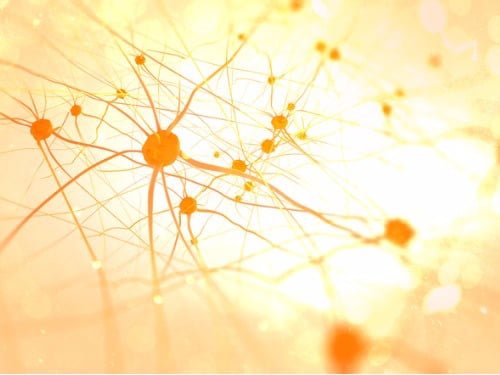


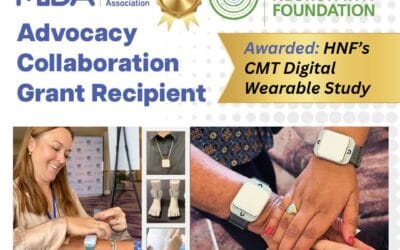
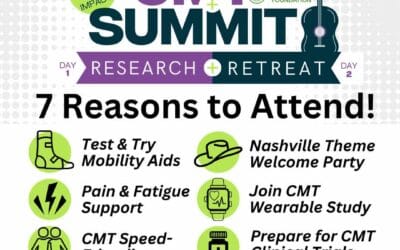
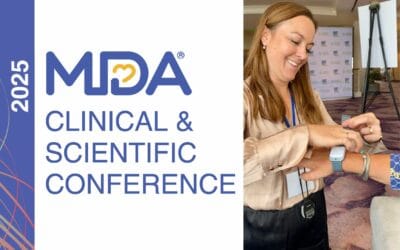

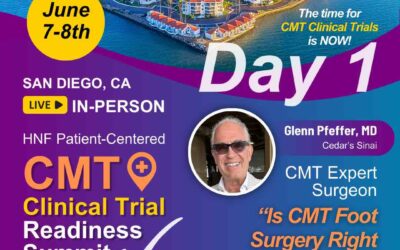
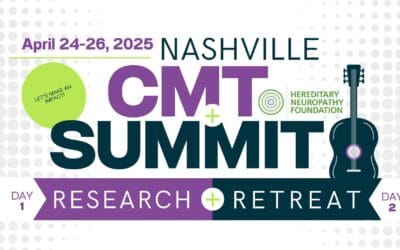
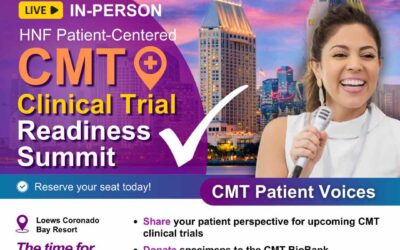



Again; I got HNPP from my mother. It does not pass from male to male, my sons do not have it.
I am in a wheelchair.i can do somethings but not well !
HNPP has affected my heart and makes it race without blood pressure med’s and I have low blood pressure. I have recently had low oxygen levels in breathing and I have had test that show my lungs are ok but the muscles inside my rib cage are not working correctly because the nerves are telling them not to. I have been diagnosed with HNPP for almost twenty years. The best things that work for me is muscle relaxers at night my hands cramp up and my legs cramps gets so bad that sometimes my legs draw up. It is silent because you cant see the stuff that is happening to you and its very hard to explain to people.
Hi Melinda,
I wanted to respond to you as I relate to your story. I was noticing the heart racing and now I imagine that it is related to my recently diagnosed HNPP.
Wondering how you are doing now? Hoping to hear back. I live in Canada specifically Barrie, Ontario.
Tammy McIntosh
I am on here as my brother has HNNP and I want to be able to support him in anyway I can. He is in severe pain, very fatigued and now has a splint for his leg. We live in New Zealand and it appears that not many medical people know much about this.
Hi Annette,
We are sorry to hear about the lack of CMT awareness is NZ. We encourage your brother to comb through the resources on our website as well as our CMT video library. https://www.youtube.com/user/HNFoundation/videos. If he has any specific questions, he can email us at [email protected] and we will do our best to answer them.
Best, HNF team
I have HNPP and was diagnosed at the age of 65 via a genetic test. Since my background is from Germany I am interested in the the origin of HNPP which for me most likely is
Europe since my mother who also had HNPP (undiagnosed) was born in Germany. Are there any studies that traced the origin of this genetic disease since there are currently many genetic studies tracing all sorts of information . Thank you.
Hi Hanna,
I was recently diagnosed at the age of 55. I had enough of the numbness in my feet and asked to see a neurologist. My mother’s side is from Germany. I believe that she talked about CMT disease a while ago. How are you doing lately.
Tammy
HNPP is the worst and I’m over it! I’m 33 and can’t even have a decent life with my young children because of what this disease has taken from me
My symptoms are so severe I can’t even make it through the training. Now what? I dk.
Can you tell me what is the best pain relief for hnpp. I’m on pregabalin and and amitriptyline at night. My pains in my legs/feet are horrendous. I’ve tried gabapentin and that no use.
What do you recommend. Can’t cope most days.
Any CEU’s for a nurse with HNPP!